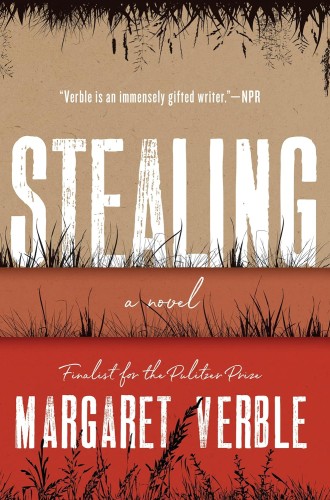A harrowing novel about Christian boarding schools
In Margaret Verble’s Stealing, a Cherokee girl finds what she needs to survive an evil system.

Stealing
A Novel
Stealing should make you angry. In this remarkable novel, Margaret Verble brings a mid-20th-century story to life through the power of relationships. Her harrowing tale makes it clear that violence and other forms of inhumane treatment thrive when the humanity of others is not honored.
The protagonist, Kit, is a Cherokee girl who is taken from her farm at age nine and sent to a Christian boarding school. There she finds herself saddled with responsibilities that would make most adults buckle under the pressure. She is stripped of her culture and subjected to physical and sexual abuse. In all of this, she demonstrates wisdom. During a moment of hunger when her classmates are stealing crackers, she painfully reflects, “I’m normally real cautious against [stealing] because so much has been stolen from me.”
In these arduous circumstances, we see Kit cope. She provides therapy for herself in the form of writing, and she devises ways to get free. She finds herself asserting her family values in a society that does not value her family. It becomes clear that Kit is a survivor, grounded in a tradition of resistance. She writes letters as a way of keeping herself and her culture alive in hostile conditions. Kit remarks, “Maybe if I grow up to be a writer, I’ll be able to say what’s really happened and what I really feel, and that’ll make things better. I already know that writing makes dead people come alive again, so a writer is never alone.” It’s easy to draw a line from Kit’s letters to the legacy of narratives in anti-colonial and other liberation struggles throughout the world, especially within Indigenous people’s experiences.




